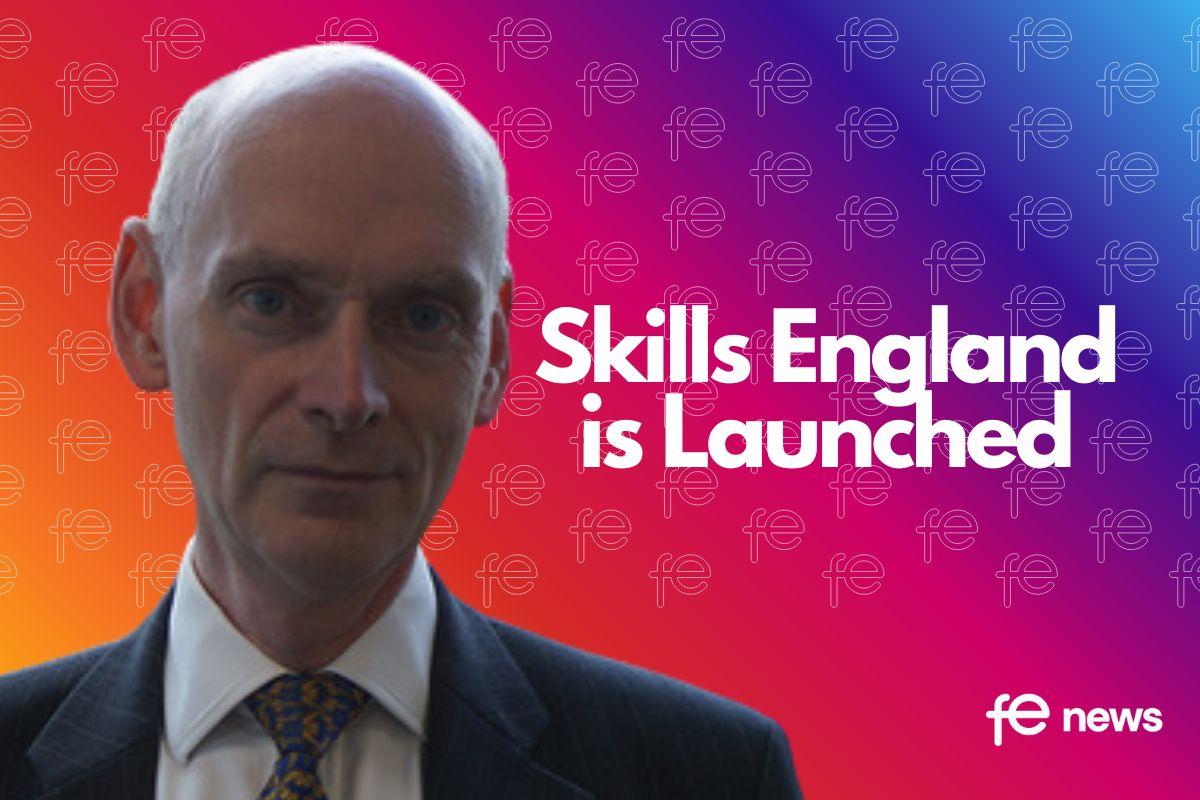Why competition improves the breed

Business schools have long since proven their ability to equip students with the technical capabilities necessary to flourish in the world of work. The reality, though, is that genuinely “business-ready” graduates are nowadays expected to have many other skills as well.
These are generally known as “soft” skills. They revolve around issues such as communication, teamwork and adaptability. Ideally, employers want recruits who are not only excellent at what they do but who are able to engage, cooperate and thrive in a day-to-day working environment.
This has been a significant topic in business for nearly half a century. Leading researchers such as Meredith Belbin have been demonstrating since the early 1980s that performance can be directly linked to effective collaboration among team members with diverse personalities and profiles.
Yet the teaching of soft skills continues to present problems, not least in an age when students have effectively become customers of the institutions that educate them. Let us first examine the difficulties before considering some potential solutions.
Strategic learning
in the monetised era
Like consumers in any sphere, today’s students have every right to demand value for money. Having invested in their own futures, they are entitled to some kind of return. HE institutions, for their part, have a duty to provide a service that is genuinely worth paying for.
This situation is slightly complicated by the long tradition of students “gaming” the system. They identify subjects that came up in the previous year’s exam and bet that the current year’s will be different. Academics euphemistically describe these supposedly prescient souls as “strategic learners”.
The tactic can work well enough if a qualification is all that is desired. As stated at the outset, however, the growing appetite for soft skills seriously undermines the age-old notion that merely possessing a piece of paper is sufficient to guarantee a good job for life.
This brings us to a further complication, which is that a monetised education system tends to have both a price and a metric for everything. Soft skills are hard to measure, as a result of which – notwithstanding their inherent merit – they might be given little attention or, worse still, completely ignored.
In light of all of the above, what steps might be taken by students who appreciate the importance of soft skills and perhaps even recognise that they need to improve their own? In tandem, what steps might be taken by business schools that face unprecedented pressure not only to deliver value but to do so amid a climate in which the more human elements of business education are frequently overlooked in the rush to “turn data into decisions”?
The real world in microcosm
One possibility is to make professional skills development obligatory. At Nottingham University Business School we are turning what was an elective module into a compulsory one for virtually all undergraduates. Even the most prophetic strategic learner would struggle to game this system.
Yet it is right to concede that not every business school is likely – or able – to adopt such an approach, which is why opportunities should also exist outside the curriculum. This is where business competitions have a substantial part to play.
In keeping with the rising tide of activities around enterprise, in part inspired by increased interest in start-up companies and TV shows such as Dragon’s Den and The Apprentice, such events have markedly grown in popularity in recent years. Although they are in many ways rightly seen as a bit of fun, it is vital to acknowledge what they can achieve in terms of nurturing soft skills.
Business competitions tend to encourage teams to come together to solve a problem or to analyse and describe a prospect. They require a comprehensive and cogent statement of business merit. They challenge students to combine disparate abilities and strengths and to articulate an idea in a real-world context.
Crucially, they also compel teams to self-organise. They oblige them to delegate responsibilities and to learn how to work together. Often – and almost inevitably – it is essential to reconcile contrasting outlooks and opinions. The resulting dynamics force individuals with different natures, styles and viewpoints to engage, to communicate, to cooperate, to adapt and to strive for a common goal. And this, of course, is what life in the workplace is all about.
Self-selection and safety
Many business school students are uncomfortable with the stereotypical image of an entrepreneur. It convinces them that entrepreneurship is not for them. Others might be so enamoured of the very same image that they are blind to their own shortcomings.
Business competitions aid self-selection in this regard. They sort students into those who like this type of thing and are actually quite good at it and those who realise they might not be quite as good at it as they imagined and need to get better. It is always interesting both to see the more macho ones fall by the wayside pretty quickly and to hear the reasoning of those who keep coming back for more.
And maybe this goes to the heart of one of the key lessons for all those strategic learners out there: business competitions represent a safe space in which to fail. Sure, there are prizes for the winners, but there is no price to pay for those who do not advance – and at the very least students come away with an extra something to put on their CVs.
Ultimately, business competitions offer students an easy, unthreatening way of understanding and benefiting from one of the learning process’ classic conundrums: good judgment comes from experience – experience comes from bad judgment. This alone makes them worthwhile. Add the fact that they help not just to give graduates what they need but to give would-be employers what they want – a genuinely rare feat – and their appeal and value become almost impossible to ignore.
By David Falzani and Paul Kirkham
Sainsbury Management Fellows runs the Engineers in Business competition and is looking to sponsor 50 new business competitions over the next three years. Engineers in Business provides a cash prize fund and PR support to HE and FE institutions that are running business competitions, particularly for students studying an engineering related subject.
About David Falzani MBE CEng: A serial entrepreneur and business consultant, Honorary Professor at Nottingham University Business School, and President of the Sainsbury Management Fellowship – which has given away over £8m in scholarships to young engineers to broaden their commercial skills.
About Paul Kirkham: A researcher in the field of entrepreneurial creativity with Nottingham University Business School and co-deviser of the Ingenuity problem-solving process taught to students at its Haydn Green Institute for Innovation and Entrepreneurship.











Responses